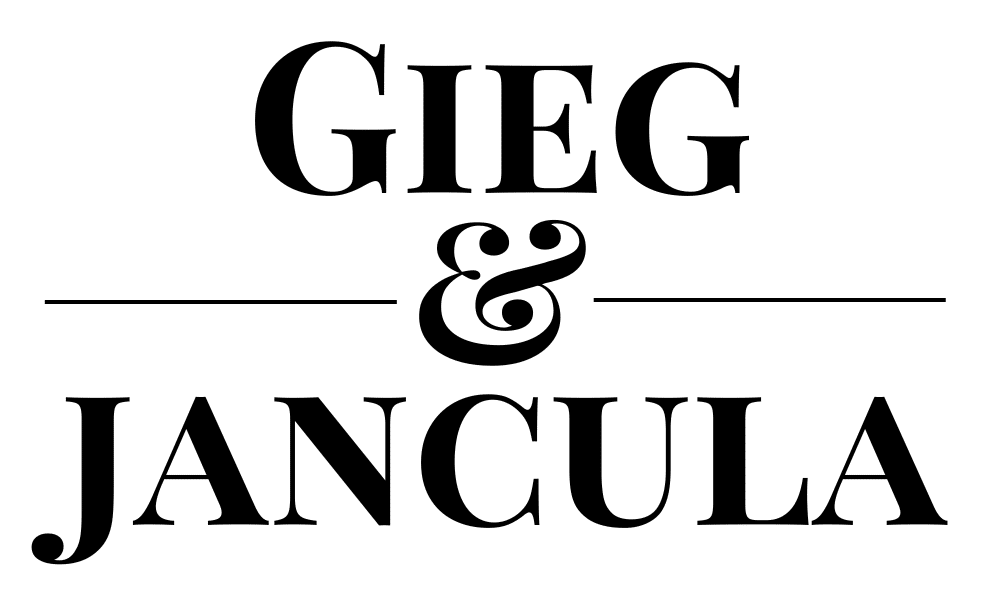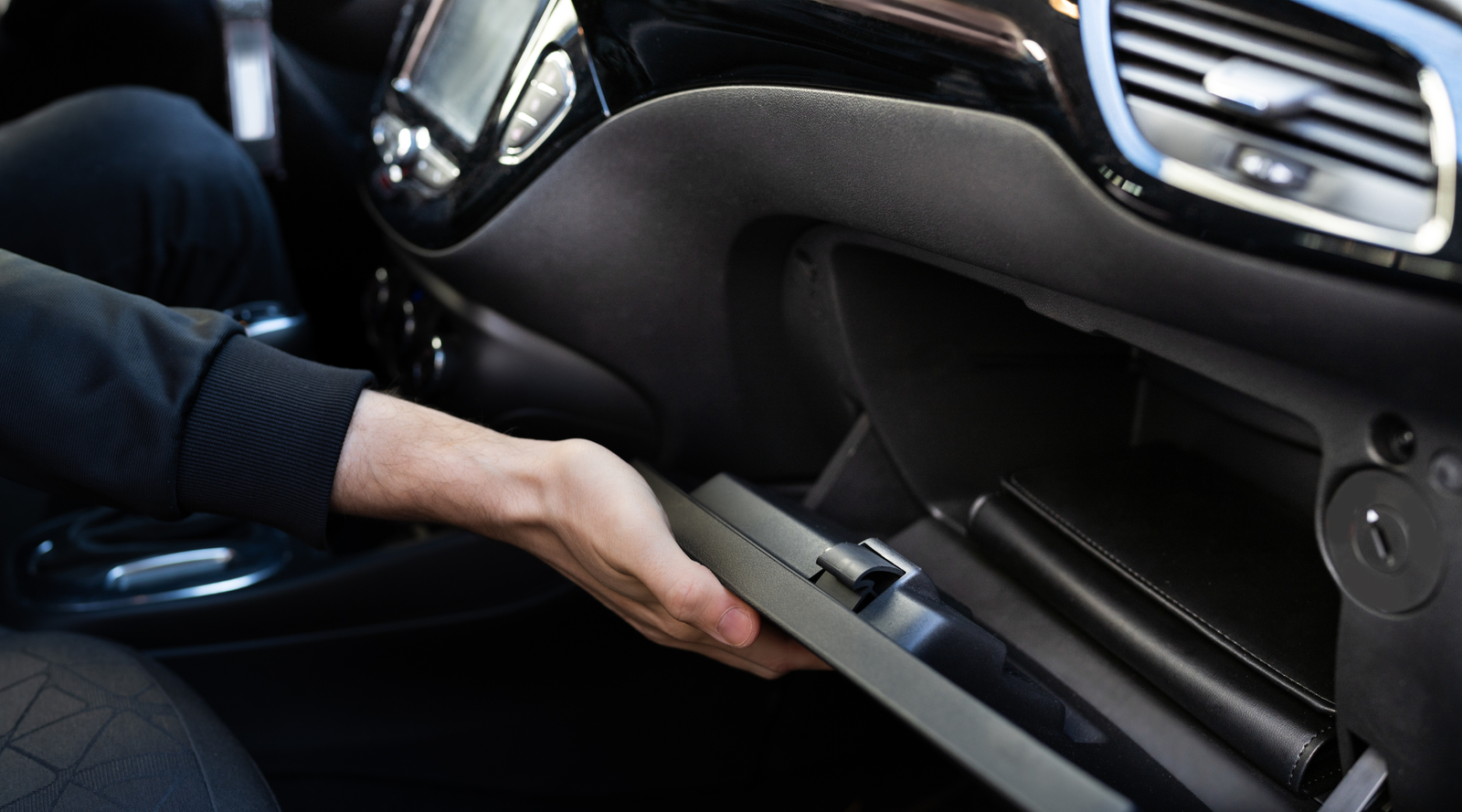When it comes to car accidents, determining liability can be complex and multifaceted. One question we often encounter at Gieg & Jancula, your trusted personal injury law firm in Altoona, PA, is whether the registered owner of a car can be held liable for an accident. This is a crucial concern as it impacts both the injured parties seeking compensation and the car owners who may not have been directly involved in the incident.
Understanding Liability in Car Accidents
Liability refers to the legal responsibility one has for their actions or omissions. In the context of car accidents, it typically involves determining who is financially responsible for damages arising from the accident. Generally, the driver at fault is considered liable, but there are scenarios where the registered owner of the vehicle may also bear some responsibility.
Primary Driver Liability
Typically, the person driving the vehicle at the time of the accident is the primary party responsible for the crash. Their driving behavior, whether negligent or reckless, is scrutinized to establish fault. Factors such as speeding, distracted driving, or driving under the influence often play a pivotal role in these determinations.
Owner Liability in Specific Circumstances
While the driver is often held accountable, there are instances where the registered owner can be liable, even if they were not driving the vehicle. Let’s explore these situations:
1. Vicarious Liability
Vicarious liability is a legal doctrine that holds one party accountable for the actions of another. In the context of vehicle ownership, this means that the car owner can be held responsible for accidents caused by someone else driving their vehicle. However, this is typically applicable when the driver is an employee operating within the scope of their employment.
For example, if a delivery driver causes an accident while performing duties for their employer, the employer could be held liable under vicarious liability. However, this scenario is generally limited to employer-employee relationships.
2. Negligent Entrustment
Negligent entrustment occurs when the owner permits someone to use their vehicle, knowing that the person is unfit to drive safely. If an owner knowingly lends their car to someone who is intoxicated, unlicensed, or otherwise incompetent, they can be held liable for any resulting accidents.
Parental Liability
In Pennsylvania, parents can be held liable for their minor children’s actions under certain circumstances. If a parent allows their minor child to drive their vehicle and the child causes an accident, the parent could be held responsible. This is particularly relevant if the child lacks experience or is known to engage in reckless behavior.
Ownership of the Vehicle
Ownership can sometimes play a pivotal role in liability determination. If a vehicle is registered in the name of a business or an organization, the entity may face liability for accidents caused by the vehicle, especially if the driver was conducting business activities at the time.
Insurance Considerations
Insurance coverage is a significant factor in determining liability and compensation following a car accident. In Pennsylvania, drivers are required to carry specific minimum amounts of insurance coverage, including:
- Bodily Injury Liability: Covers injuries to others in an accident caused by the policyholder.
- Property Damage Liability: Covers damage to another person’s property resulting from an accident.
While these coverages are designed to protect drivers, they also come into play when assessing liability for registered owners. If the owner’s insurance policy includes coverage for permissive drivers (those allowed to use the vehicle), the owner may be financially protected to some extent.
When Insurance Falls Short
It’s important to note that insurance may not always fully cover the damages incurred in an accident. If the driver or the owner’s insurance policy limits are insufficient, the injured party may seek compensation directly from the vehicle owner.
Pennsylvania’s No-Fault System
Pennsylvania operates under a no-fault insurance system, meaning that injured parties typically turn to their own insurance for coverage, regardless of who caused the accident. However, this system does not eliminate the possibility of pursuing liability claims against at-fault parties, particularly in cases of severe injury or when medical expenses exceed certain thresholds.
Steps to Take If You Are the Registered Owner
If you are a registered vehicle owner and your car is involved in an accident, there are essential steps you should take to protect yourself and your interests:
- Contact Your Insurance Provider: Notify your insurance company about the accident as soon as possible. Provide them with all relevant details and cooperate with their investigation.
- Gather Information: Collect information about the accident, including the driver’s details, any witnesses, and photos of the scene and damages.
- Seek Legal Counsel: Consult with a personal injury attorney, especially if you believe you might be held liable. An experienced lawyer can help assess your situation, negotiate with insurance companies, and protect your rights.
- Review Your Insurance Policy: Understand the coverage and limits of your insurance policy. If potential liability exceeds your coverage, consider discussing options with your attorney.
Gieg & Jancula—Your Ally in Complex Liability Cases
Navigating liability issues in car accidents can be daunting, but you don’t have to do it alone. At Gieg & Jancula, we specialize in personal injury law and have extensive experience handling complex liability cases in Altoona, PA. Whether you’re an injured party seeking compensation or a vehicle owner concerned about liability, our team is here to provide expert guidance and representation.
We invite you to reach out to us for a consultation to discuss your unique situation. Our goal is to ensure that you understand your rights and options, and we are committed to helping you achieve the best possible outcome.



